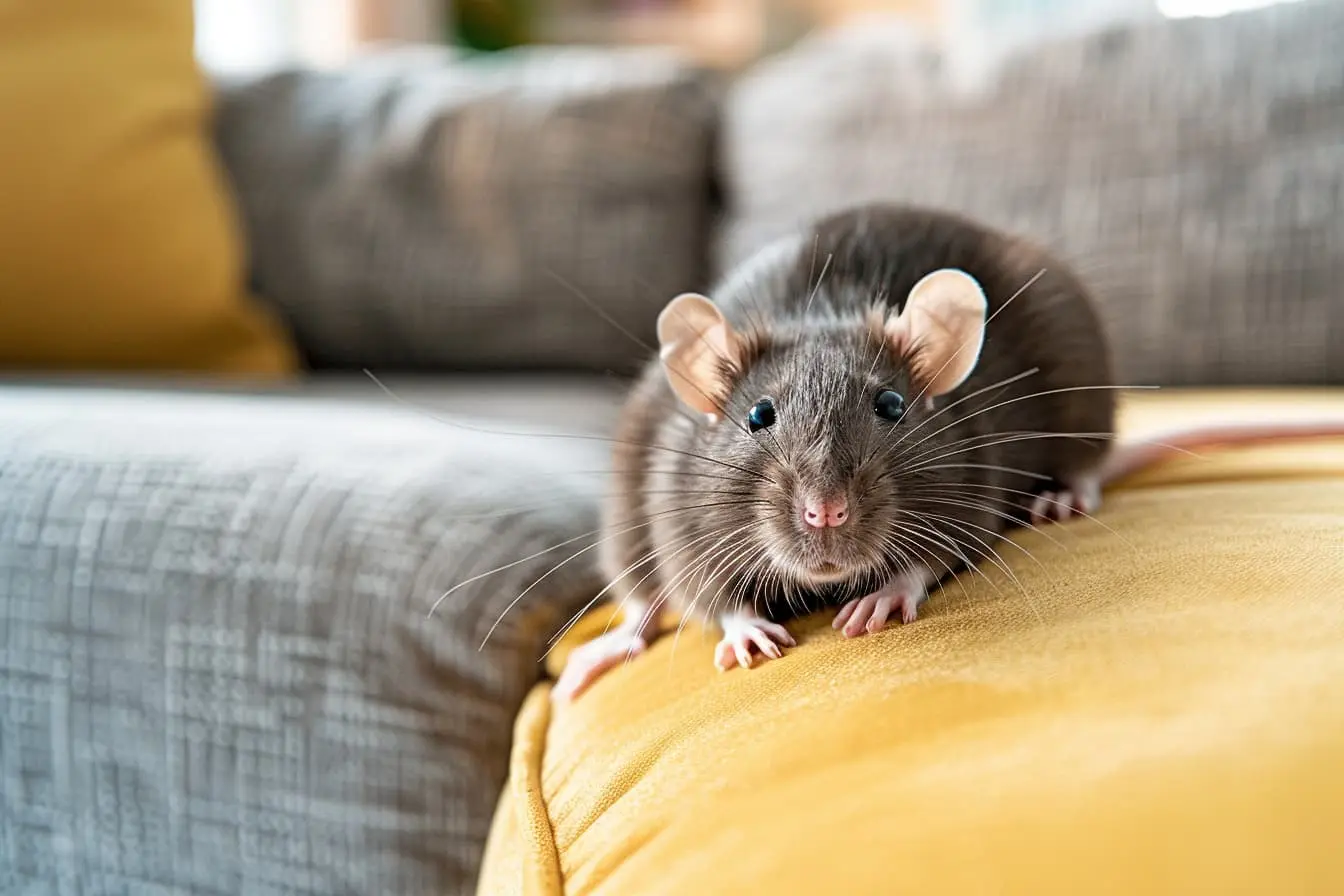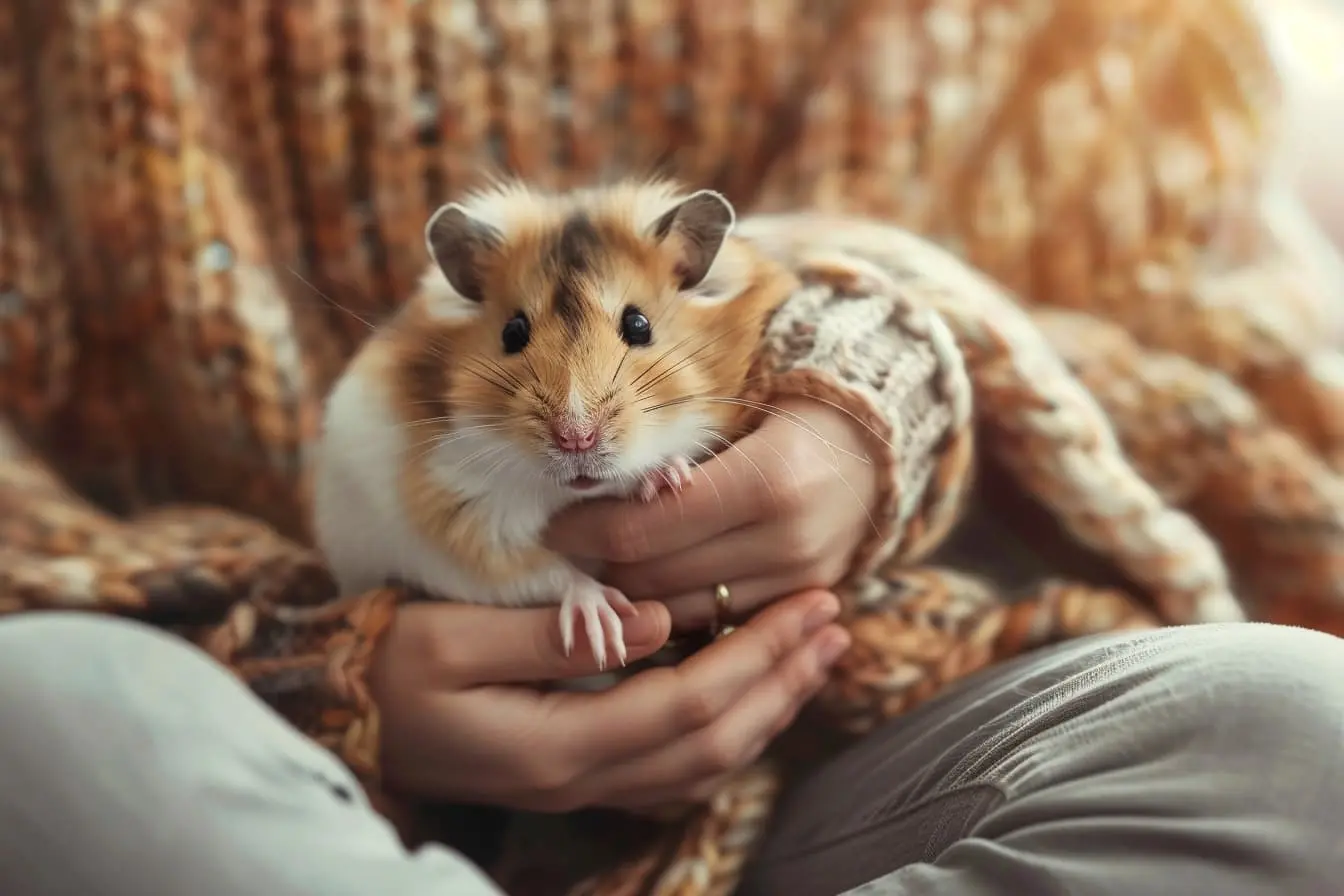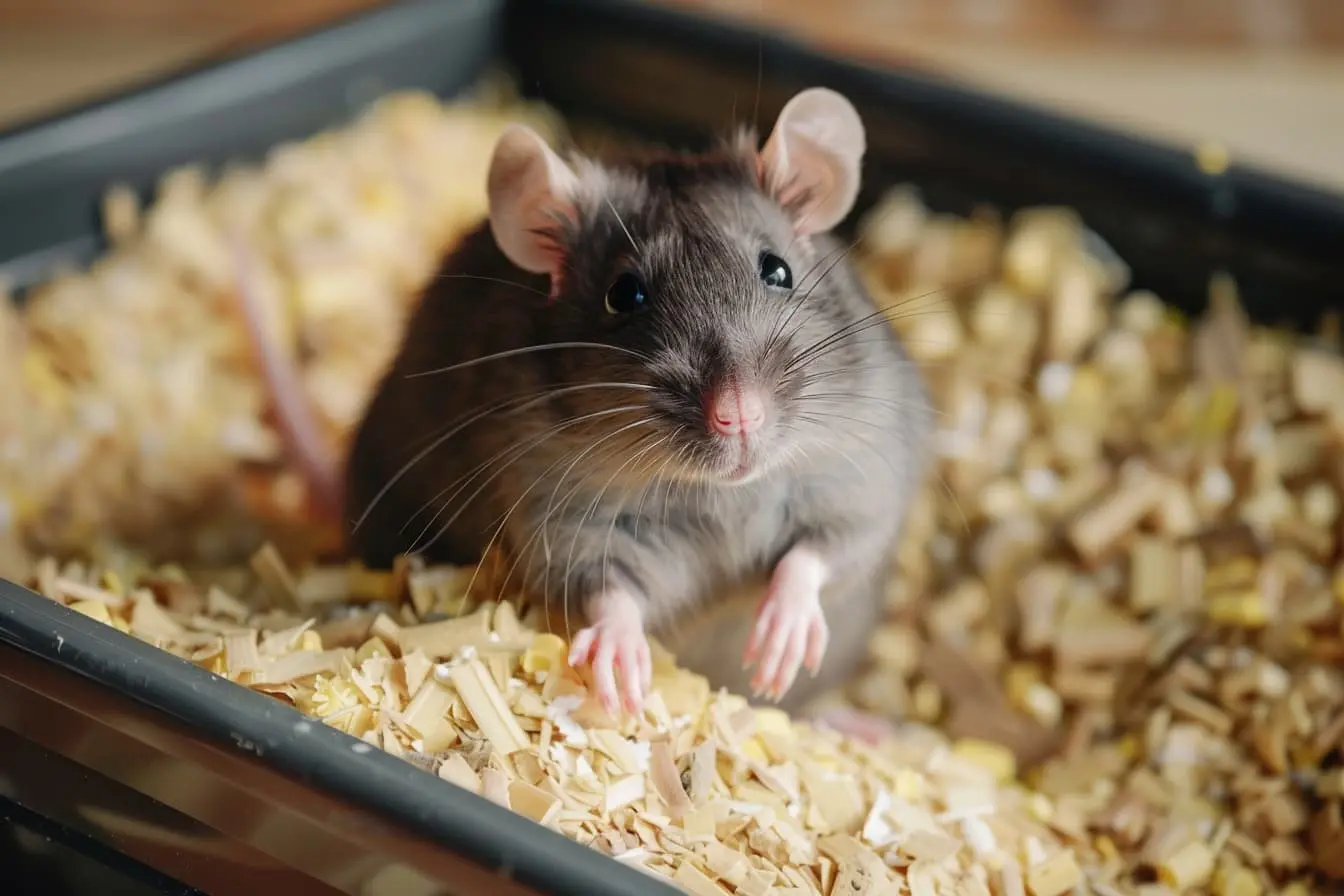
The Comprehensive Guide to Neutering Your Pet Rat: A Must-Read for Owners
Rats are intelligent, sociable animals that make fantastic pets for those who take the time to understand their needs. Among the responsibilities of rat ownership is the decision on whether to neuter your pet. Neutering, the surgical removal of the testes in males, can significantly impact your rat's health, behaviour, and overall quality of life. This post delves into the benefits of neutering rats, addressing common concerns and providing insights to help you make an informed decision.
Why Neutering Your Rat Is Beneficial
Health Benefits
- Reduces Cancer Risk: Neutering can significantly decrease the likelihood of your rat developing testicular cancer, a concern in older males.
- Prevents Reproductive Issues: It eliminates the risk of various reproductive ailments, contributing to a longer, healthier life.
Behavioural Improvements
- Minimises Aggression: Neutered rats tend to be less aggressive. This can be particularly beneficial in multi-rat households, where unneutered males might fight for dominance.
- Reduces Marking: Male rats often mark their territory with urine, a behaviour that neutering can reduce, leading to a cleaner environment and easier care.
Population Control
- Prevents Unwanted Litters: Rat populations can explode unexpectedly due to their rapid breeding cycle. Neutering is a responsible way to prevent unwanted litters and the subsequent challenge of rehoming additional pets.
Understanding the Neutering Procedure
The Right Age
Rats can be neutered once they reach sexual maturity, typically around 6-8 weeks old. However, consulting with a veterinarian experienced in small animals is crucial to determine the best timing based on your rat's health and maturity.
Post-Operative Care
Post-surgery, your rat will need a quiet place to recover. Monitor the incision site for signs of infection and follow your vet’s guidance on pain management and care to ensure a smooth recovery.
Addressing Common Concerns
Safety and Complications
As with any surgical procedure, neutering carries risks, including reactions to anaesthesia. However, advancements in veterinary medicine have made complications rare. Choosing an experienced vet minimises these risks.
Impact on Personality
Owners often worry about personality changes post-neutering. While neutering can alter certain behaviours linked to hormones, such as aggression and marking, it does not change your rat's fundamental personality or reduce their playfulness and affection.
Cost Considerations
The cost of neutering varies but is a valuable investment in your rat’s health and wellbeing. Some veterinary practices offer reduced rates or payment plans to help manage the cost.
Making the Decision
Deciding to neuter your rat is a personal choice that should be made considering the wellbeing of your pet and the dynamics of your household. Discussing with a vet who understands your rat's health and lifestyle is vital in making an informed decision.
Conclusion
Neutering your pet rat offers a host of benefits, from improved health and behaviour to easier care and population control. It's a significant decision that underscores your commitment to providing the best possible life for your pet. As responsible rat owners, it's our duty to consider such measures, ensuring our furry friends lead happy, healthy lives.
Vets near you
Speciality vets
- Aquatics vet specialists
- Birds vet specialists
- Camelids vet specialists
- Cats vet specialists
- Cattle vet specialists
- Deer vet specialists
- Dogs vet specialists
- Equines vet specialists
- Exotic vet specialists
- Goats vet specialists
- Pigs vet specialists
- Poultry vet specialists
- Sheep vet specialists
- Small Mammals vet specialists
- Wild vet specialists
Vet facilities
- Accessible by public transport
- Blood testing
- Car park nearby
- Client car park
- Dentistry
- Diagnostic imaging
- Disabled public access
- Flea and worm treatments
- Microchipping
- Mobile services
- Neutering
- Open at weekends
- Out-of-hours service
- Referral interests
- Referrals only
- Street parking outside
- Toilets available
- Vaccinations



